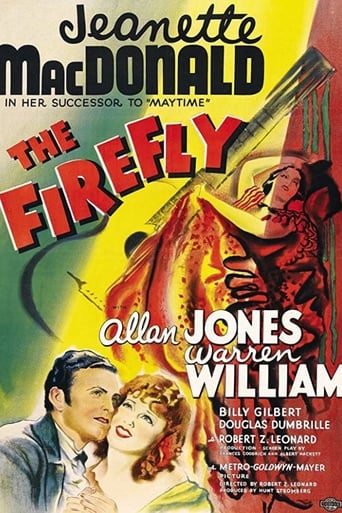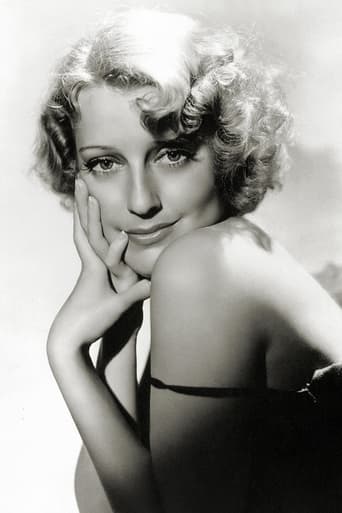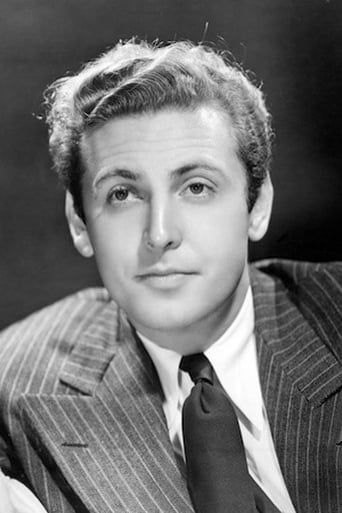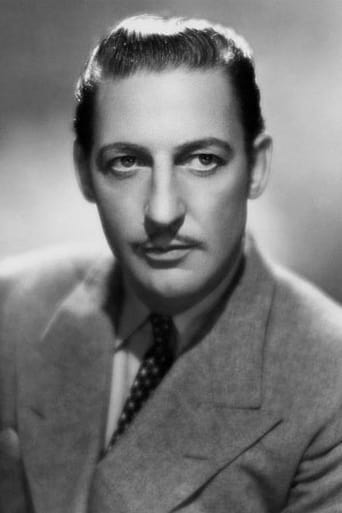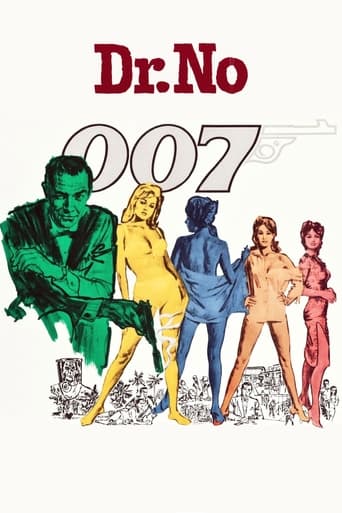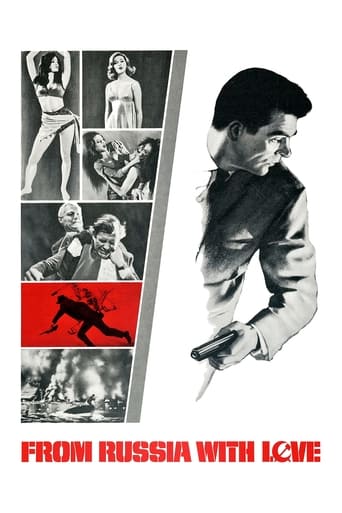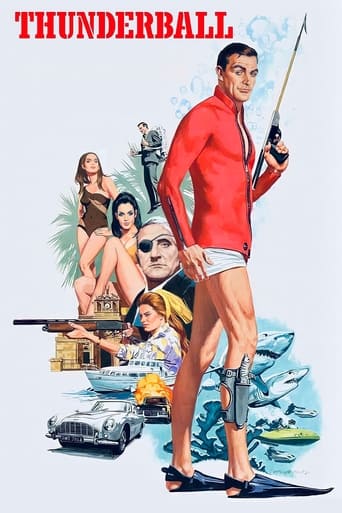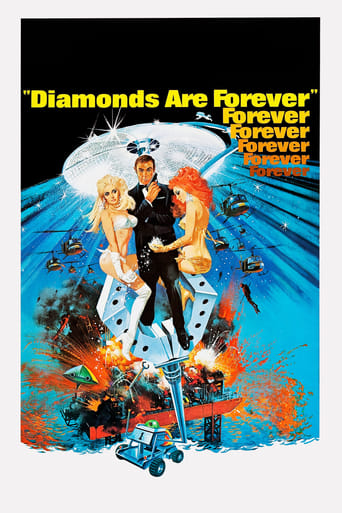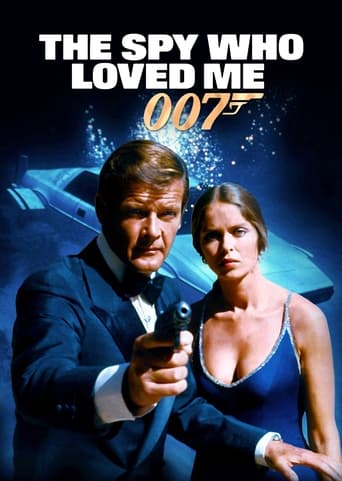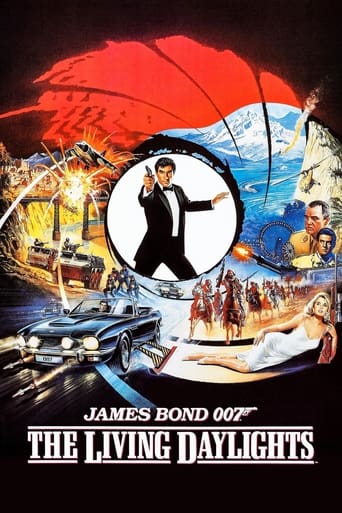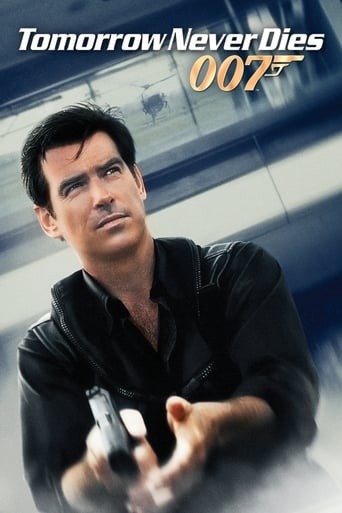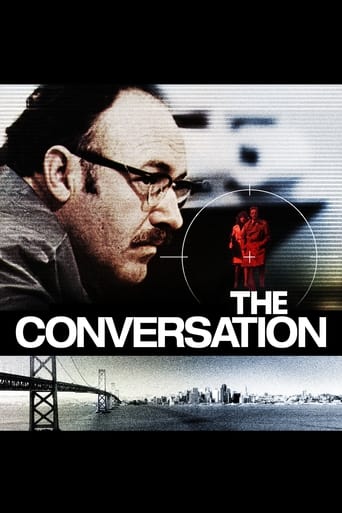The Firefly (1937)
Nina Maria Azara is the beautiful and alluring singing spy for Spain during the Napoleonic Wars. Her mission is to seduce French Officers, in order for them to reveal Napolean's intentions toward Spain. She is sent to Bayonne, France to gather military secrets. Prior to this, she meets, Don Diego while performing at a club. Unknown to her, Don Diego is actually Captain Andre, who is sent to Spain to spy on her. While in France, Nina discovers Diego's true identity, only after she has fallen in love with him. Nina Maria outwits her potential captors and returns to Spain, and goes into hiding. Napoleon's troops invade Spain, resulting in Nina's capture. In a strange twist of fate, Nina and Captain Andre are reunited, but, the 2 nations are now at war... Written by Kelly
Watch Trailer
Free Trial Channels
Cast


Similar titles
Reviews
In truth, there is barely enough story here to make a film.
True to its essence, the characters remain on the same line and manage to entertain the viewer, each highlighting their own distinctive qualities or touches.
The best films of this genre always show a path and provide a takeaway for being a better person.
I didn’t really have many expectations going into the movie (good or bad), but I actually really enjoyed it. I really liked the characters and the banter between them.
An operetta, with Alan Jones replacing the usual Nelson Eddy as Jeanette's costar, unfortunately, their only film starring together. Jones had a subsidiary role as the lead male in two partial operas with Jeanette in the previous "Rose Marie". Lots of ornate traditional European pageantry, beginning with a major festival, decreed by young King Ferdinand. The reason for this celebration isn't clearly specified. However, a good guess would be his recent coronation and/or the recent conquest of Portugal by a combined Spanish-French force. However, this happiness will be short-lived as Napoleon has plans to keep substantial troops in Spain, and replace the Spanish government with one of his own, headed by his brother Joseph.The title is taken from Rudolf Friml's 1912 operetta. However, the rather mundane plot of the original was discarded for a much more complicated and historically interesting one. The screenplay concentrates on the period just before and after the French takeover of Spain in 1809, then skips about 5 years, until the British and Portuguese forces are finally making headway in joining the various Spanish partisan groups toward liberating Spain.Most of Friml's original songs were retained. In addition, Friml was employed(now 25 years later) to compose additional songs: the most remembered being "The Donkey Serenade", sung by Jones, as he rides a horse alongside a stagecoach carrying Jeanette, trying to interest her in a romantic relationship. This scene is staged in the spectacular Alabama Hills, near Lone Pine: the main local for many a western, especially. A flute-playing boy, and guitar-playing stage driver aid Jones(Don Diego or Captain Andre))in his quest.Yes, as a few reviewers have complained, the plot is rather complicated, both from the viewpoint of the historical setting, and the political and emotional relationships between the characters played by Jeanette and Jones, and between Jeanette and Major de Rouchemont, as well as the Marquis de Melito. Jeanette plays Nina Maria: a famous singer and dancer, as well as Spanish spy, sometimes sent to dazzle high ranking French officers, and hopefully obtain militarily important info. Jones is sent by the French to keep an eye on her, thus they are on opposite sides of the political struggle, yet increasingly drawn to each other emotionally. This doesn't seem to make sense. If the French know/suspect that she is a spy, why do they allow her access to high ranking military officers??Jeanette looks and acts radiant throughout this production, often in various ornate costumes. As with most of her best-remembered films, it was shot in B&W, thus she appears to be a brunette. She often dances enticingly, along with her singing.. Jones makes an excellent singing companion for her, as well as occasionally soloing. Unfortunately, he wasn't very distinctive looking, nor tall, like Nelson Eddy: Jeanette's usual singing male costar. Thus, with a few exceptions, MGM relegated him to minor films. Just the year before, he had costarred in the popular film version of Kerns' "Showboat". However, he had disappointing film roles after the present one, thus moved to Universal in 1940, where he fared no better. Some people prefer him to Eddy, whom they complain was too wooden in his acting. I don't find Eddy inherently wooden: just playing his frequent stalwart characters as they should be, in the traditional acting style of these operettas. Returning to the political-military aspects of the film, we have the replacement of Spanish king Ferdinand with Napoleon's brother Joseph, after the French successfully defeat the Spanish armies. In the later portions of the film, the Duke of Wellington is the guiding light of the allies armies(British, Portuguese, and Spanish forces). After an initially success the year before, he was forced to retreat southward in the face of overwhelming French forces in the north. However, over the winter, the military situation drastically changed. While Napoleon's Grand Army was gradually decimated in the disastrous Russian campaign, the allies forces swelled with new recruits. Thus, Wellington now feels he has the manpower and cannon power to defeat the shrunken French armies in Spain. He has a plan to deceive the French army in the battlefield. Jeanette's Nina has a complicated role in this deception, and she again encounters Don Diego(Jones) in this operation. The allies defeat the French in the pivotal historical Battle of Vitoria, and the French soon are forced to leave Spain for good. With hostilities ended, and Nina's death sentence commuted, Nina and Don Diego feel they can finally resume their former romantic relationship, to end the film. But first, she must find Diego among the wounded in a makeshift hospital. The finale has them riding off into the sunset in a little horse-drawn wagon, singing their hearts out to reprises of "The Donkey Serenade", followed by "Giannina Mia", which were 2 of the previous 3 love songs sung by Diego to Nina.
Jeannette MacDonald and Allan Jones star with Warren William in "The Firefly," a 1937 MGM film.MacDonald plays Nina Maria Azara, a singer, who is also a spy for Spain during the Napoleonic Wars. She is to seduce French officers and find out Napoleon's plans for Spain.She meets Don Diego, who pursues her while she is working as a singer. She has to stave him off in order to meet with those who can give her information, among them Major de Rouchemont (William).Don Diego keeps showing up, including on her trip to Bayonne. There, the famous Donkey Serenade is introduced. Unknown to her, Don Diego is actually Captain Andre, who is sent to Spain to spy on her.The story is a backdrop for all of the music, and there is a ton of it. MacDonald's voice was highly touted; with today's ears, it was a lovely voice, particularly in the middle, but I was never crazy about her top notes. I think it was just the way women were trained by then. She was a beautiful woman and a fine, fiery actress, and her popularity was well deserved. She does a good job here.Allan Jones was not the most sparkling presence -- he certainly was no match for MacDonald in that department -- but he truly had a beautiful voice. Warren William was very good in a villainous role.Most of the music was written by Rudolf Friml and Herbert Stothart, so you need to like operetta in order to like this film, and also classical voices.
France and England are at war. Napoleon has placed troops in Spain "to protect the Spanish" in case England invades.There is a beautiful cantina singer (and dancer!) named Nina Maria (Jeanette MacDonald) whom men fight over. She works as a spy for Spain. When Napoleon invites Ferdinand--who appears guileless--to France for a meeting, Nina Maria must leave for France immediately to determine if Napoleon's intentions are honorable.She is pursued there by Don Diego (Allan Jones), a man smitten by the senorita. Along the way, he tries to charm her by singing "The Donkey Serenade"--one of the most memorable moments in the film.When they arrive in Bayonne, France, things get complicated. The senorita discovers someone is on to her. The love story becomes more political as Nina Maria must make alliances based on trust. Will she let her heart guide her actions? What is Napoleon's true objective?The two leads are excellent. Much of the surrounding cast portray military characters and they are very strong.The lavish sets and a large number of extras give the film a feeling of richness, as when Joseph Napoleon and his military escort ride into Madrid.Part romance, part political intrigue, "The Firefly" entertains while Jeanette MacDonald shines.
Instead of Jeanette MacDonald and Nelson Eddy, the "Singing Sweethearts" it's Jeanette MacDonald and Allan Jones. They are paired excellently; MacDonald and Jones are incredible easy on the ears, and have a wonderful chemistry that adds charm and delight to this movie. The songs are entertaining, especially "Donkey Serenade," which later became Jones's signature song. The acting in this movie was also excellent. The plot was captivating, being set in Spain/France during the Napoleonic wars. The movie kept me entertained throughout. It's too bad that Jeanette MacDonald and Allan Jones didn't do any other movies together. Their chemistry is amazing in this movie, very preferable to Jeanette MacDonald's pairing with Nelson Eddy, (I think) whose singing voice and acting I never really cared for.Overall, this is an excellent musical and entertaining movie. 10 out of 10.

